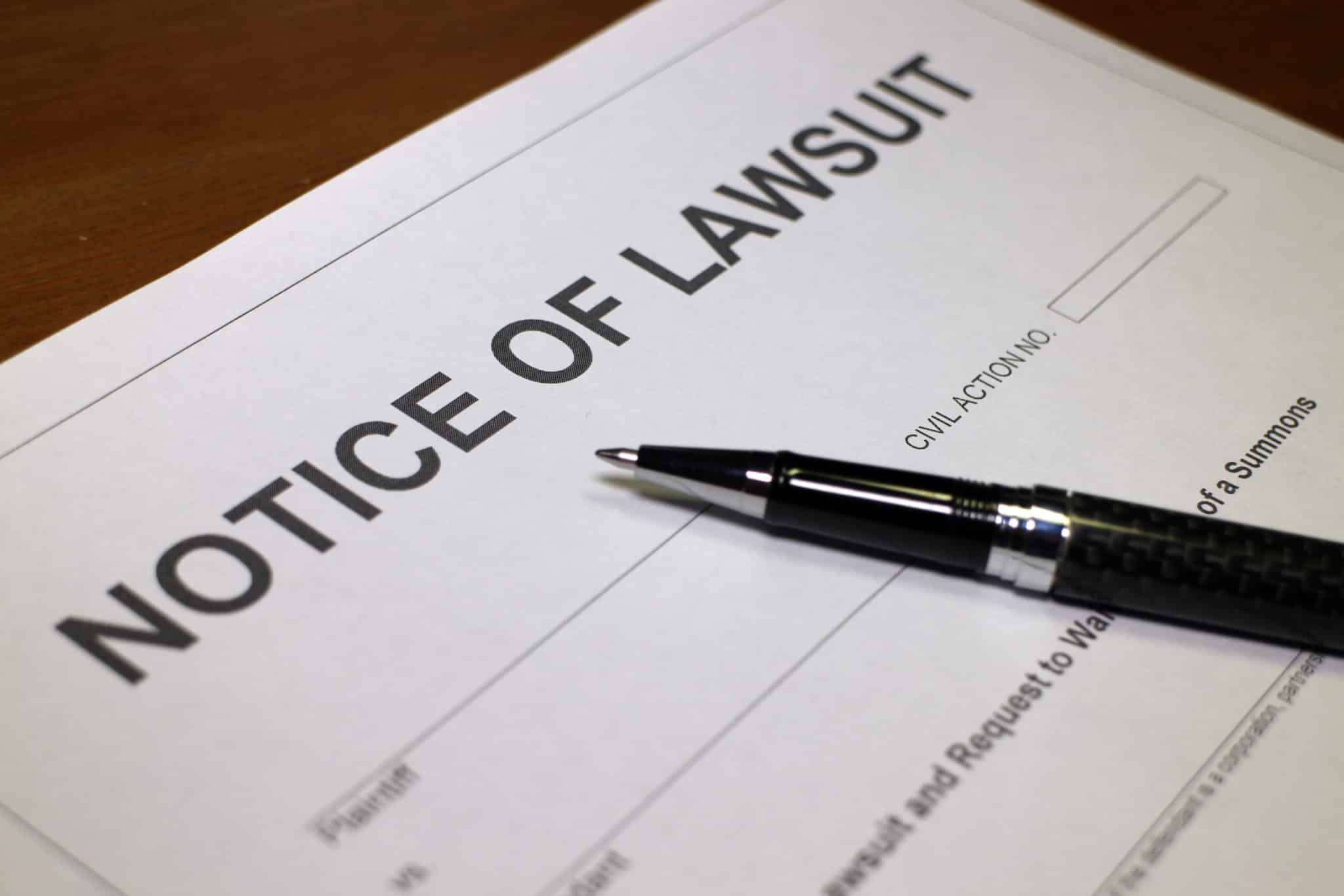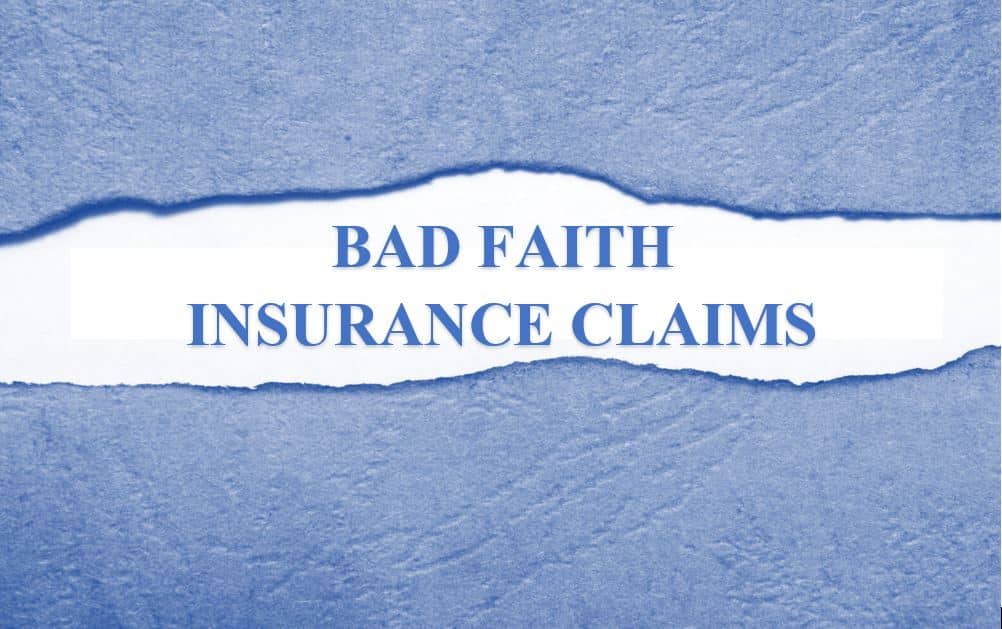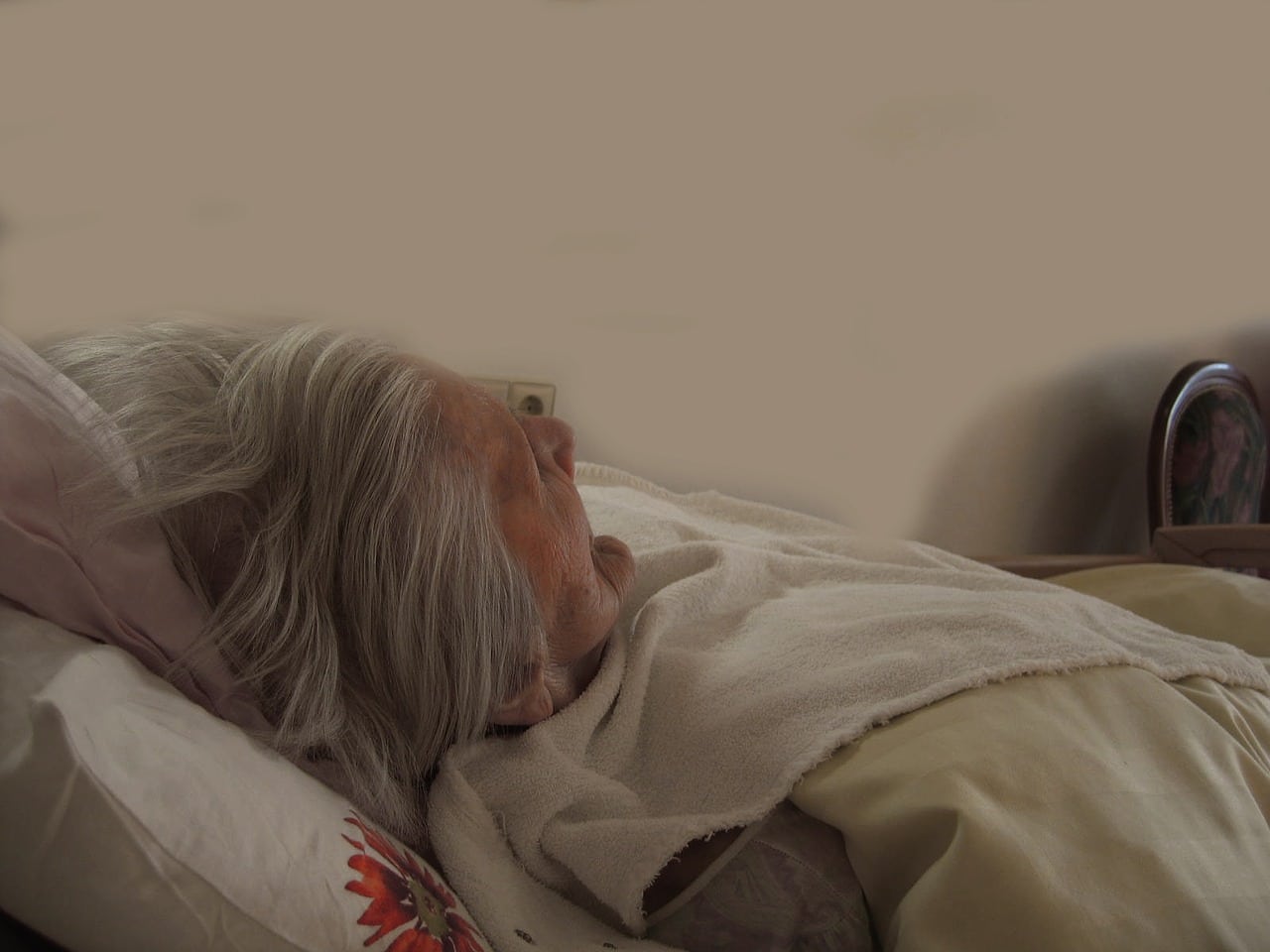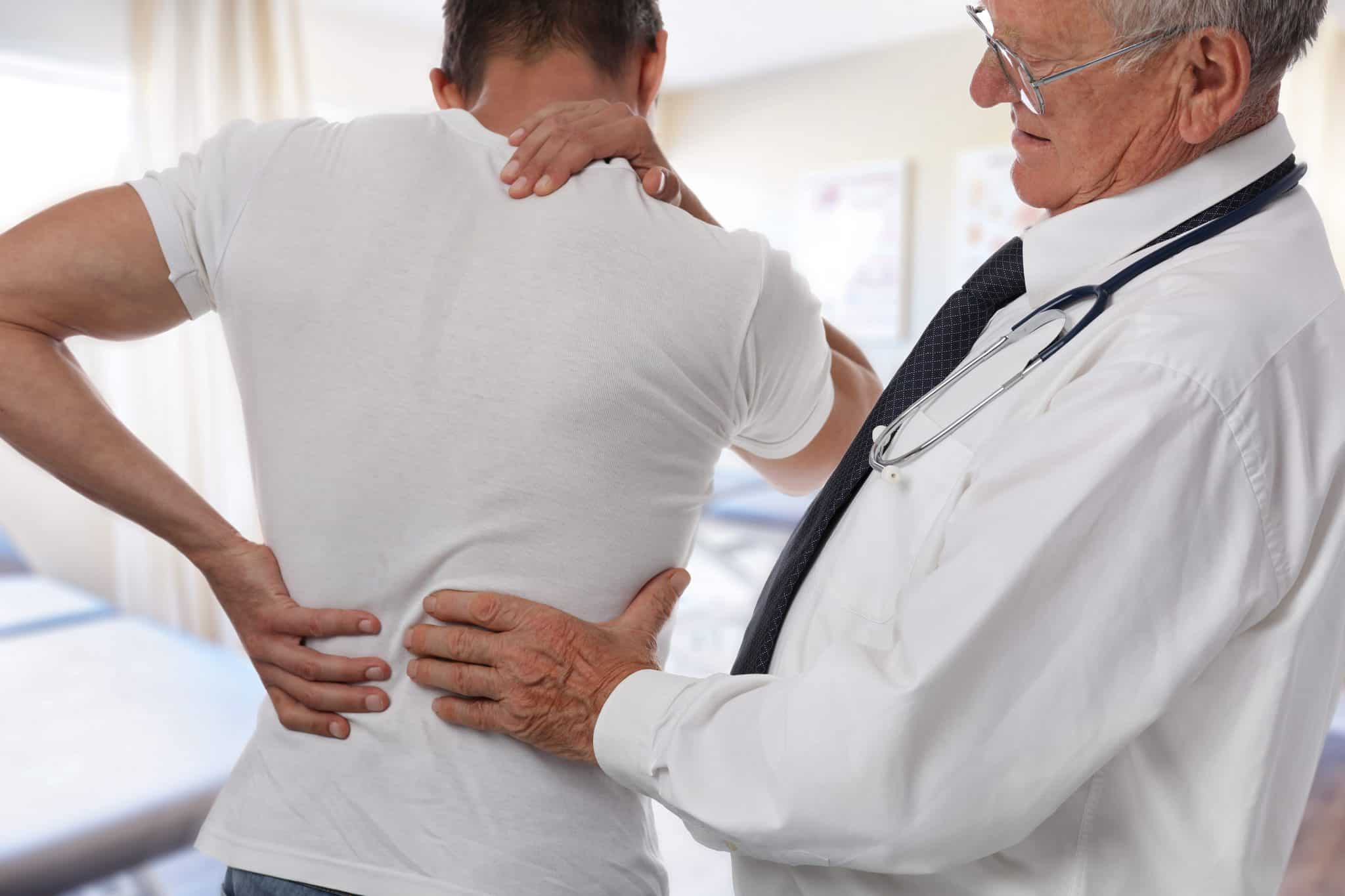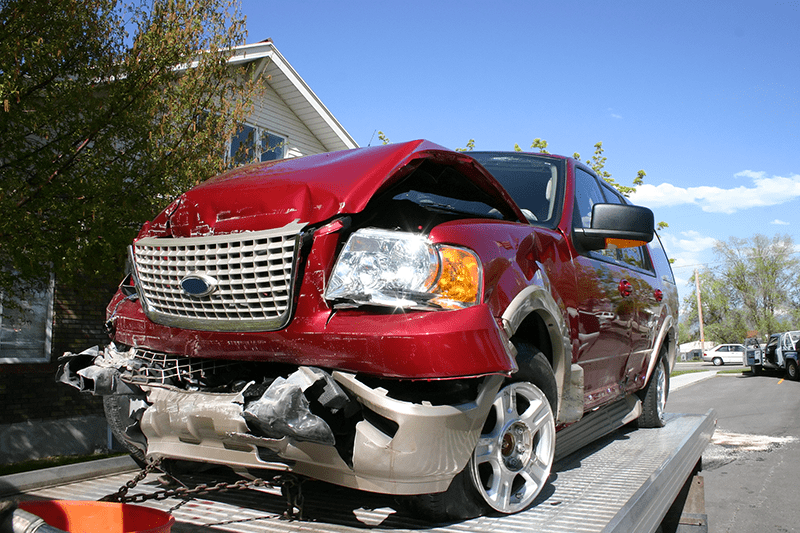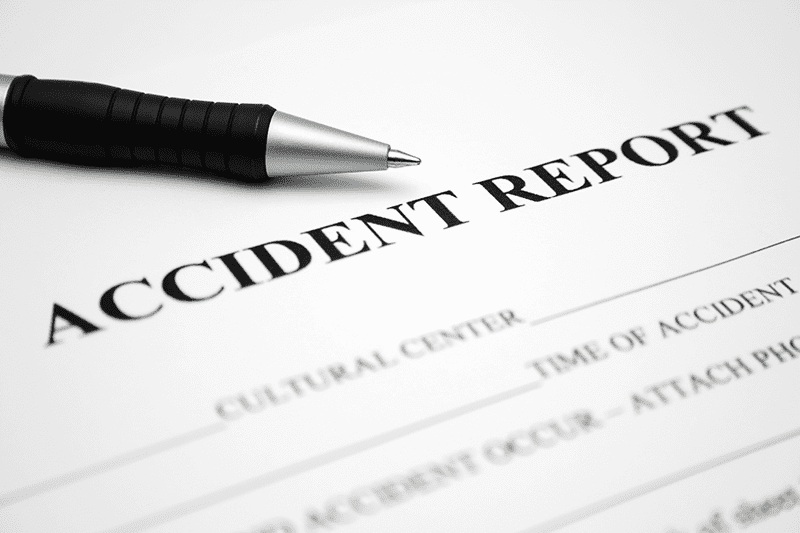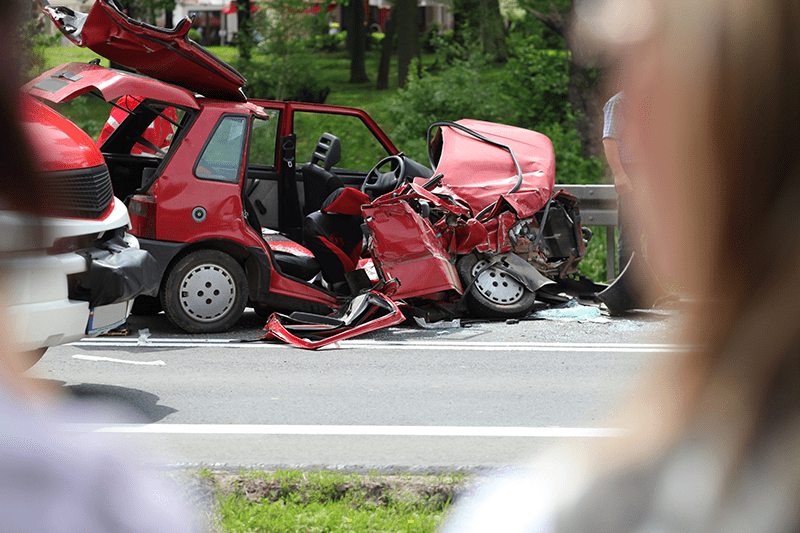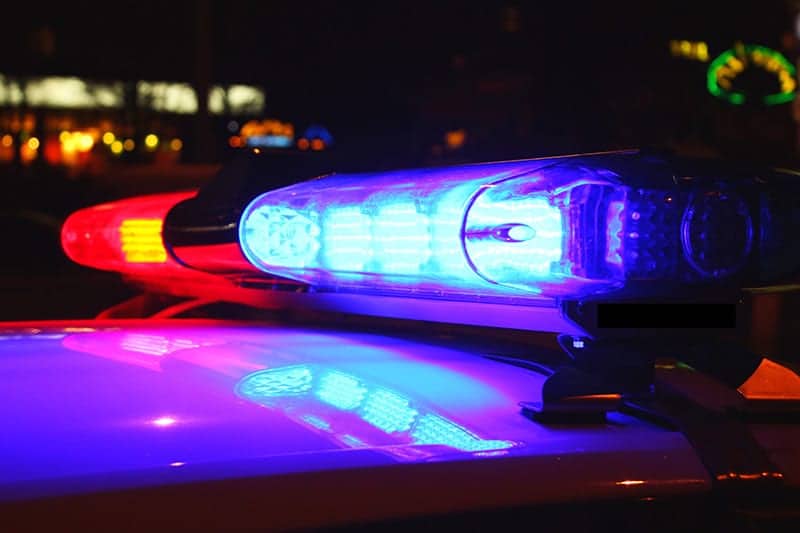Many insurance companies have a well-earned reputation for being difficult to deal with. In our experience, Allstate is among the worst because it often drags out even the simplest of claims for months or even years longer than necessary. Serious negotiations are part of the claims process; however, there is an important line between negotiating in good faith versus bad faith. While many insurance companies walk a fine line between good and bad faith, Allstate has developed a reputation among Georgia lawyers for pushing those boundaries. This is especially true when Allstate’s insured causes a crash.
Duties of Automobile Insurers under Georgia Law
Georgia law imposes important duties on car insurance companies. If a claim is brought against you, most injured claimants will give your insurance company an opportunity to settle the claim within your policy limits. If the injured party has a lawyer, the claim will usually be sent to your insurance company in compliance with the terms of O.C.G.A. § 9-11-67.1. This statute lays out the basic requirements of a pre-suit settlement demand where the injured person’s attorney will give your insurer an opportunity to settle the claim and protect your personal assets.
When your insurance company receives an offer of settlement, it must put your interests ahead of its own. “[W]here a person injured by the insured offers to settle for a sum within the policy limits, and the insurer refuses the offer of settlement, the insurer may be liable to the insured to pay the verdict rendered against the insured even though the verdict exceeds the policy limits. The reason for this rule is that the insurer may not gamble with the funds of its insured by refusing to settle within the policy limits.” McCall v. Allstate Ins. Co., 251 Ga. 869, 870 (1984).
If an insurance company receives a legitimate settlement offer pursuant to O.C.G.A. § 9-11-67.1 and refuses to pay, you will likely get sued. When the lawsuit results in a verdict and judgment that exceeds your policy limits, you are legally responsible for paying the amount that exceeds your policy limits. Your insurance company will be responsible for paying any amount within the liability limits of your policy.
In situations like this, all may not be lost. After a judgment in excess of your policy limits is entered against you, you may be able to bring a claim against your insurance company for the excess amount if your insurer refused to settle for an amount within your policy limits.
Bad Faith Automobile Insurance Claims in Georgia
Georgia allows for bad faith claims with multiple types of insurance policies. The most common type of “bad faith” claim is one that is brought after an insurer rejects a time limited offer of settlement that an attorney sends in compliance with O.C.G.A. § 9-11-67.1.
O.C.G.A § 9-11-67.1 settlement offers are sent to the insurer of a driver that caused a wreck. When an insurance company fails to use good faith in negotiating car accident claims, it can leave its insured open to substantial financial exposure and mental anguish. The insurer also exposes its insured to protracted litigation, the time and expense of attending depositions, participating in discovery and attending trial, the emotional anguish of reliving the collision and harm caused, and other financial loss such diminished credit ratings.
Therefore, Georgia allows an insured to sue his or her own insurance company when it acts in bad faith during settlement negotiations. In order to succeed in a bad faith lawsuit against a liability insurance carrier, the insured will need to prove:
- The insurer failed to give equal consideration to the interests of its insured,
- The insurer failed to accord its insured the same faithful consideration it accords its own interest,
- The insurer refused to settle because of an arbitrary belief that the insured was not liable, or
- The insurer refused to entertain a settlement offer with no regard given the position of its insured.
See Southern General Ins. Co. v. Holt, 262 Ga. 267 (1992) and O.C.G.A. § 9-11-67.1.
If an insured is successful in his or her bad faith claim, special damages, general damages, punitive damages, and legal fees may be available.
There are also laws discouraging bad faith negotiations with uninsured motorist claims. Uninsured motorist policies protect you when the person that causes an accident lacks enough liability insurance to cover your damages. Under current Georgia law, bad faith penalties for claims against an uninsured motorist insurance carrier are not as severe as those available for liability claims. Yet, if the insurance company makes a frivolous or unfounded denial, they could open themselves up to penalties. If litigation is required to recover on a bad faith claim, the plaintiff could also recover the cost of their attorney fees. You should always seek the advice of a reputable Georgia lawyer if you are considering bringing any type of bad faith claim.
Allstate and Their Approach to Settlement
Allstate’s aggressive approach to avoiding responsibility on liability claims has come back to haunt them more than once. Few of these instances are as memorable as a 2017 decision in Madrigal v. Allstate.
In that case, there was substantial evidence that Allstate’s insured was responsible for an accident. When the third party sought the full policy limits of $100,000, Allstate rejected it outright. In the days that followed, Allstate developed additional information that pointed to their insured as responsible for the claim. This included an independent witness that contradicted their insured’s account of what happened.
Ultimately, a jury found Allstate’s actions to be in bad faith and returned a verdict for more than $14 million.
Duty of an Insured Cooperate with the Insurance Company
Although automobile insurers must work to protect their insureds, their insureds also have a duty to cooperate with their insurer. Most automobile insurance policies contain what is commonly referred to as a “cooperation clause.” The “cooperation clause” requires an insured to cooperate with his or her insurance company anytime the insurer investigates or defends any claim brought against its insured. Quite simply, you have a contractual duty to cooperate with your automobile insurance company after you cause a wreck. In this context, cooperation means that you must timely report any accident, give your insurer a recorded statement, and attend any necessary legal proceedings like a deposition or a trial.
If you willfully and intentionally refuse to cooperate with your insurer, the insurer may deny coverage for any civil claim brought against you.
How an Attorney Could Help
One important thing to consider in these cases is that insurance companies like Allstate treat their policyholders differently if they have competent legal representation. While an insurer might be willing to string you along, they are more likely to deal fairly if they know your attorney is ready to take action against a bad faith settlement offer. If you find yourself in this situation, contact the Georgia trial lawyers at Williams Elleby Howard & Easter by calling 833-LEGALGA or (833-534-2542).
